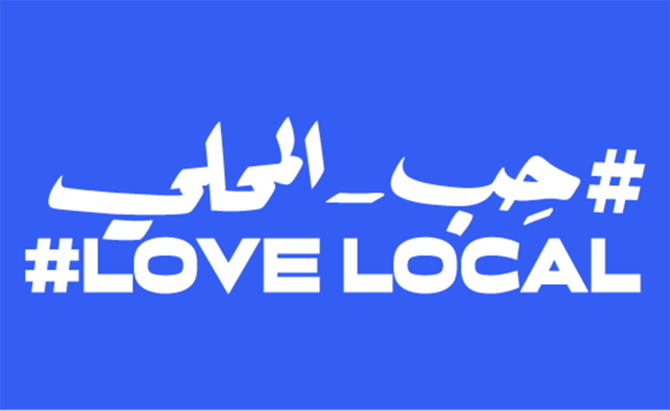Facebook Inc. has announced the launch of #LoveLocal, a new initiative to support local small and medium businesses (SMBs) in the Middle East and North Africa (MENA) region, which have been among the hardest hit during the COVID-19 pandemic.
The #LoveLocal campaign aims to help SMBs regionally pivot to digital and grow by highlighting several resources made available for their economic recovery.
The campaign will amplify the voice of SMBs, and shed light on their stories and challenges, to help generate consumer demand for them across the region.
Through the campaign, Facebook will provide business owners access to the Middle East and North Africa SMB Training Hub, a platform with up to 40 online webinars available for free that businesses can use to master a range of digital tools covering digital marketing and e-commerce, and develop and grow their business presence online.
Courses have been developed in partnership with e-commerce platforms and Facebook partners such as ecomz, Expand Cart and Zid.
Highlighting the impact of the pandemic on SMBs and the need for additional support, the Future of Business Survey — an ongoing collaboration between Facebook, the World Bank and the Organisation for Economic Co-operation and Development — released a Global State of Small Business report in July 2020 that found that 26 percent of SMBs globally had closed between January and May 2020.
“According to the report, in the MENA region, 70 percent of businesses reported reduced sales, with around 40% reducing their workforce in response to the pandemic,” said Ramez Shehadi, managing director for MENA at Facebook.
“Small businesses are the backbone of any economy and pillars of their local communities. In these challenging times, SMBs need support from community members across the region,” he added.
“Our #LoveLocal campaign is aimed at supporting local businesses and driving communities towards greater engagement with them in an effort to bring sustenance and growth for SMBs now, and on the road ahead.”
Prior to COVID-19, a paradigm shift towards digitization of the economy was already underway.
Current events have since accelerated the paradigm, evidenced by the manner in which customers are shifting their spending toward digital.
The report found that at least a third of SMBs globally indicated that they had earned a minimum of 25 percent of their sales from digital channels in the previous 30 days.
The training hub will therefore give MENA SMB owners access to Facebook’s Business Resource Hub, an online skills training program.
SMB owners can also find out about Facebook’s grants program and learn new marketing skills to grow their business during these times.
Business owners will also have access to free webinars, where they can learn how to best use free Facebook and Instagram tools to connect with customers and the business community.
“It is now clear that a key way for SMBs to survive the pandemic is to pivot to digital in order to access a wider radius of consumers beyond their traditional physical reach,” said Shehadi.
“Entrepreneurs can register for free online courses to receive insights on Facebook’s services and tools that can help them get online, boost leads and grow online commercial engagement,” he added, stressing the need for businesses to develop digital skills to unlock opportunities.
“Our online resources and tools can help small business owners with tips, training and much more to learn, live and work more readily and effectively in the digital world.”
Earlier this year, Facebook launched several Boost with Facebook initiatives that are being deployed across MENA countries with local partners.
The Boost with Facebook program, designed to help small businesses grow by expanding their digital skills, provides virtual learning sessions to upskill startups and SMBs, helping them advance the marketing aspects of their respective businesses.
Consumers can also join in by using the hashtag #LoveLocal to show how they are supporting local businesses and share their local buying experiences towards this initiative.





























